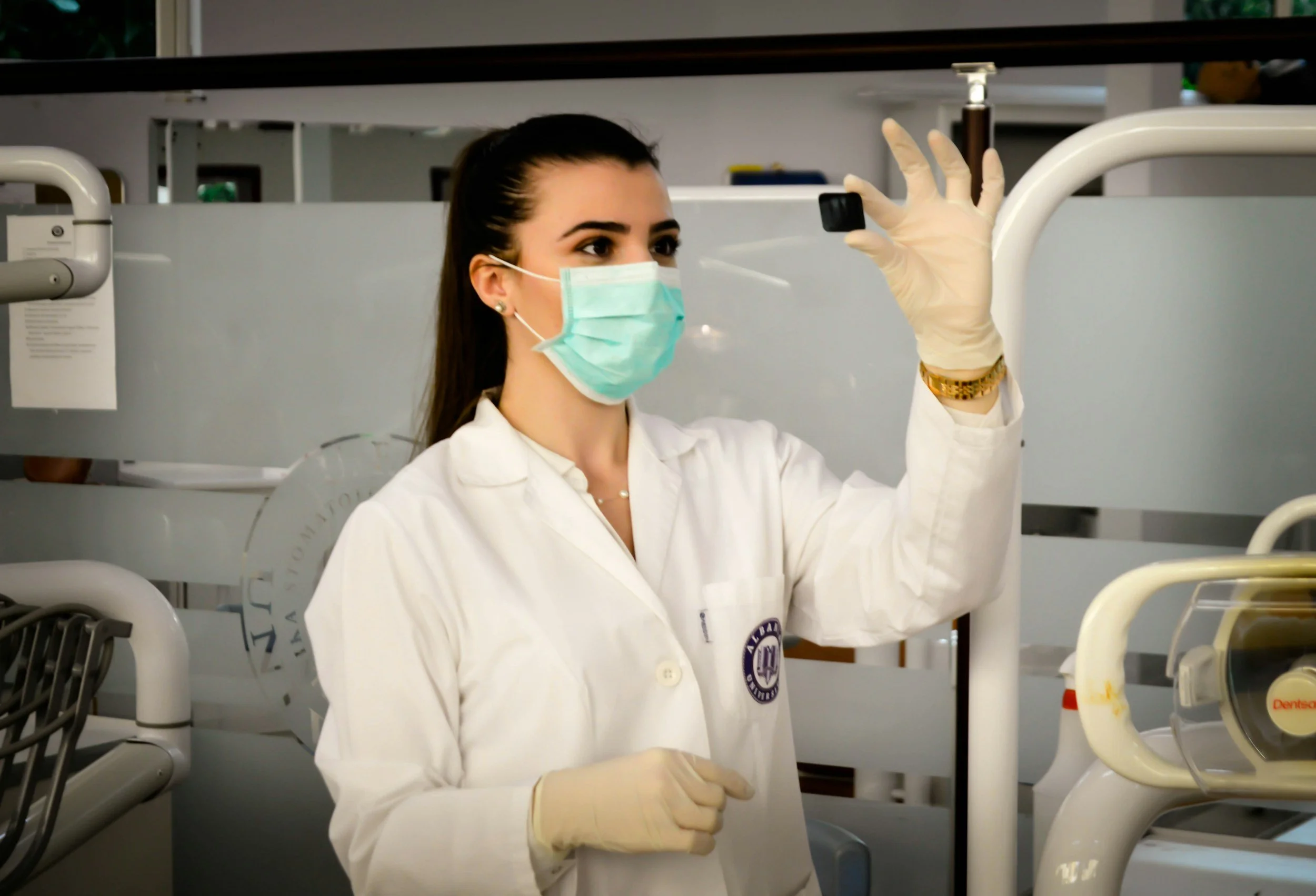Enroll Now
☆
Next Program: January 26, 2026
☆
Enroll Now ☆ Next Program: January 26, 2026 ☆
Certified Quality & Accreditation Manager (CQuAM)
Empower Your Leadership in
Healthcare Quality and Accreditation.

Gates Team and CQuAM Participants - May 2024
Who We Are
Gates Group is a healthcare consulting and training firm founded in 2002. The team works across five countries and has trained 2,000+ alumni through flagship programs like CQuAM and CAS, alongside executive education such as the HMQT Master program run with the Lebanese University. The site reports 231+ completed projects, 103+ clients, and 59+ software implementations, underscoring both training and implementation depth.
-
Enable healthcare institutions to thrive in complex, competitive environments so patients receive high-quality care supported by efficient and sustainable systems.
-
Build a healthier future, shoulder to shoulder, co-creating patient-centered, efficient, equitable, and sustainable health systems.
-
Integrity, Innovation, Collaboration, Excellence, and Empowerment.
-
ISQua EEA accreditation for two training programs:
CQuAM (Quality & Patient Safety Training Programme)
CAS (Surveyor Training Programme)
ISO 27001 certified Information Security Management System.
About the CQuAM Program
CQuAM is 36-hour ISQua EEA-accredited English language certification program designed for healthcare managers and leaders working in accredited or to-be-accredited organizations. The program builds advanced competencies in quality management, organizational development, patient safety, and accreditation readiness, equipping participants with multidisciplinary knowledge and leadership skills.
Unlike generic training, CQuAM is a practical, non-degree program that emphasizes real-world application through workshops, case simulations, and direct interaction with accreditation leaders. Participants learn and apply proven Organizational Development (OD) methodologies to drive sustainable performance, reduce risks, and embed quality and safety as core pillars of healthcare delivery.
Program format
Live Online Sessions
Also available as a fully on-site program upon request
Duration and timing
36 Hours over 6 Weeks
Mondays & Tuesday
from 6:00 - 9:00 PM (Beirut Time)
Accredited by
Recognized by
Why CQuAM is unique:
Designed with input from international accreditation leaders.
Embeds learning outcomes aligned with ISQua EEA standards.
Provides a cross-disciplinary environment that connects managers, clinicians, and quality specialists.
Bridges theory and practice through a structured applied toolkit.
Materials provided including presentations and toolkit templates, case studies, certificates, and Moodle LMS system access.
Training Objectives
Expected Outcomes
By the end of the program, participants will:
Targeted skills and competencies include:
Holistic and strategic thinking
Leadership and communication
Analytical and problem-solving ability
Operational
planning
Navigation of standards and accreditation processes
Quality and risk management expertise
Target Audience
This program is intended for all participants across different departments, with a specific focus on individuals involved in critical operational processes, quality assurance, and safety management. Supervisors, managers, and executives will benefit from advanced modules tailored to leadership roles.
Prerequisites or qualifications required for participation:
A bachelor’s degree (or higher) in the relevant field, and a minimum of five years of professional experience in the domain of expertise.
Course Structure
-
1. Building Management Foundation
2. Managing Quality Improvement
3. Standardization of Practice
4. Preparation for Accreditation
5. Sustainability of Performance & Innovation -
Patient Safety
Infection Control
Risk Management
Facility Management
Medical Record
Information Management -
Case Study
Descriptive Statistics
DCuAM
CQuAM participants learn through a blend of lectures, workshops, role-play, simulations, and group projects, ensuring both practical skills and strategic insight.
Participants will also be provided with workbooks, digital recourses, and certificates upon successful completion of the program.
Meet the Instructors
We’re proud to introduce our expert instructors who bring years of experience and practical insights to each session. With diverse backgrounds in healthcare, leadership, and coaching, they’re dedicated to empowering you with the skills to succeed.
Dr. Adel Oleik
Gates Managing Partner, Global
Leads large-scale healthcare transformation initiatives, advising regulators, payers, and providers on cost transparency, innovative payment models, and operational excellence, while pioneering proprietary methodologies to drive sustainable business outcomes and industry leadership.
Samer Hanna
Gates Consultancy Director
Leads consultancy efforts at Gates Group with over a decade of experience in organizational development and quality management. Has spearheaded quality improvement initiatives across major hospitals in Beirut and played a key role in delivering Gates projects in Kuwait, KSA, Oman, and Lebanon.
Mohammad Ftouni
Gates Accreditation Manager
Leads large-scale healthcare transformation initiatives, advising regulators, payers, and providers on cost transparency, innovative payment models, and operational excellence, while pioneering proprietary methodologies to drive sustainable business outcomes and industry leadership.
Zainab Zahreddine
Gates Training & Development Manager
Lead impactful training programs, drive training accreditation processes, and implement quality management systems. Specialize in workforce management, training, and coaching, with expertise in talent management.
Sara Reda
Experienced healthcare quality professional with 12+ years in quality assurance, risk management, and implementing standards across primary and secondary care. Skilled in leading teams, coordinating stakeholders, and improving healthcare processes. Strong in data analysis, reporting, and integrating community health initiatives to enhance patient outcomes.
What CQuAM participants say
Refund / Cancellation Policy
-
The down payment is non-refundable.
Withdrawals submitted 7 days or more prior to the course start date are eligible for a 50% refund of the total fees (excluding down payment).
Withdrawals submitted less than 7 days prior to the course start date are not eligible for a refund.
-
Participants may request to postpone their enrollment. In such cases, the paid amount (excluding the non-refundable down payment) will be credited toward the tuition fees of the next scheduled CQuAM program.








